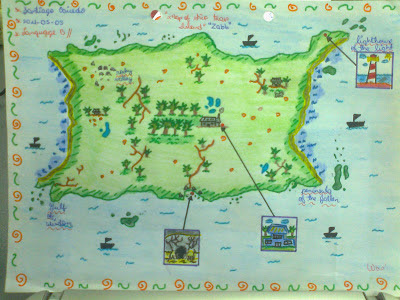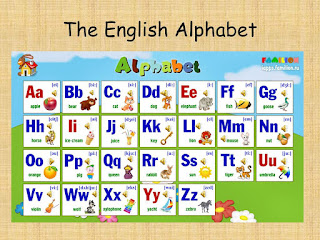English vs Spanish: First Names (3) - Dayana
I do not really understand how this happened but I would like to refer to one name in particular which is precisely that of the person who could have become Queen of England one day: the late lady Diana of Wales.
The problem with this name is how it sounds. It sounds quite different from the Spanish version to start with: DAYANA. If we check the books written long ago there is no reference in the Spanish culture of such name, meaning that there were Dianas but not DAYANAS. Coincidentally the name spelled that way began appearing in the Latin American culture when the influence of the U.S. culture on ours became notoriously strong and now is everywhere. In fact in my country the name DAYANA is more popular than DIANA. For us they are not the same name because though their spelling is similar the way they are pronounced (in Spanish) is not. So, you can easily find two women sitting side by side, one named DIANA and the other DAYANA, without realizing they actually have the same name. And that is not the only case:
Elizabeth and Isabel
Henry and Enrique
John and Juan
Joseph and José
Catherine and Catalina
Patrick and Patricio
Richard and Ricardo
To make matters worse, or more interesting, the word LADY is also a name here (I´ve met at least four girls with that "name"). And there are those who use nicknames as names:
Alfred / Freddy and Alfredo
Anthony / Tony and Antonio
James / Jimmy and Jaime
Though Alfred, Anthony and James are still uncommon in our culture their short forms are not and we used them as names (I have friends with those names, all of them my age).
Is this an advantage of Spanish over English? You definitely will not see U.S. parents naming their children José or Elena. In my opinion we are just being alienated, but perhaps Spanish (at least Ecuadorian Spanish) is proving to be more flexible than English. And that is actually an advantage in most cases, so to speak.




Comments